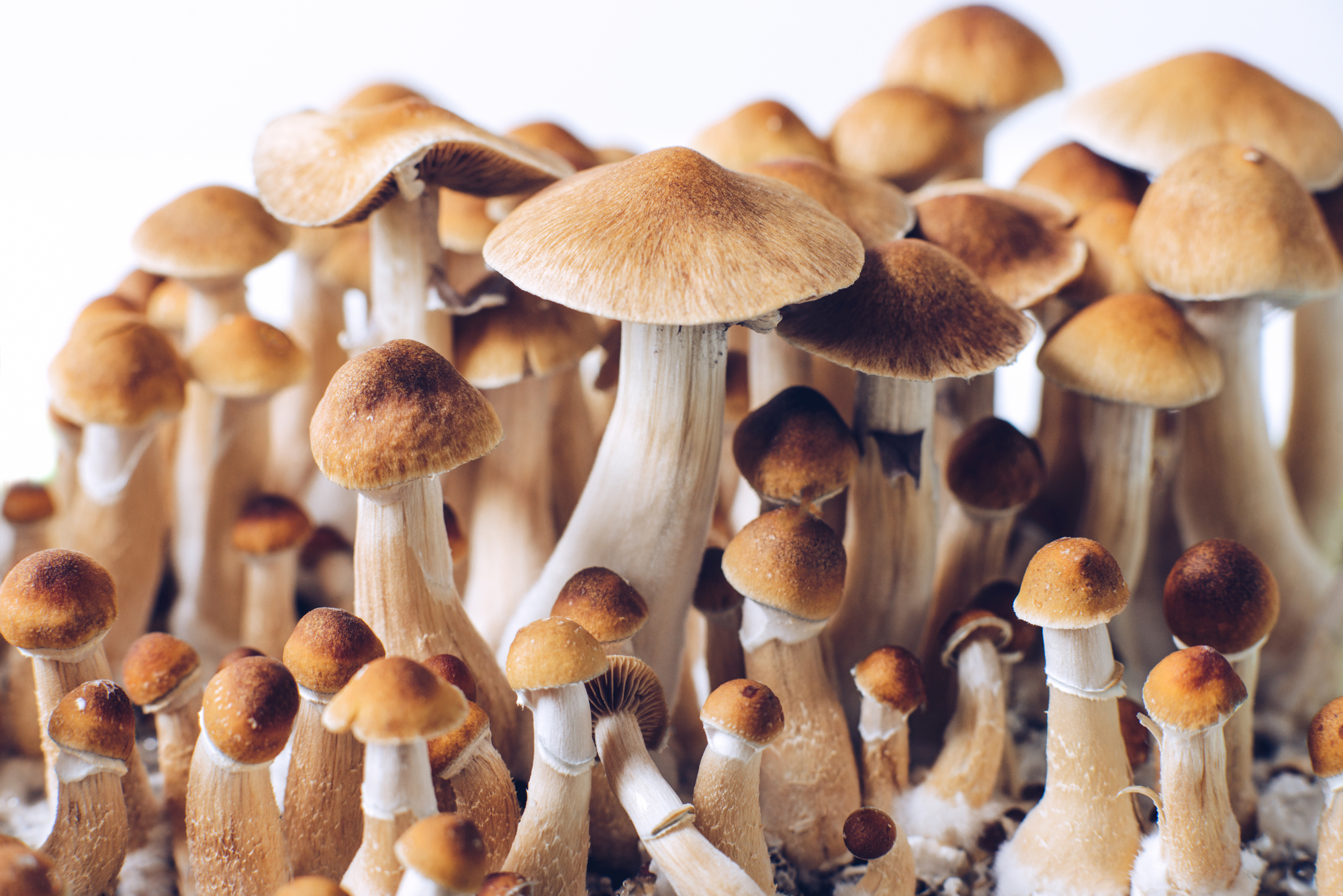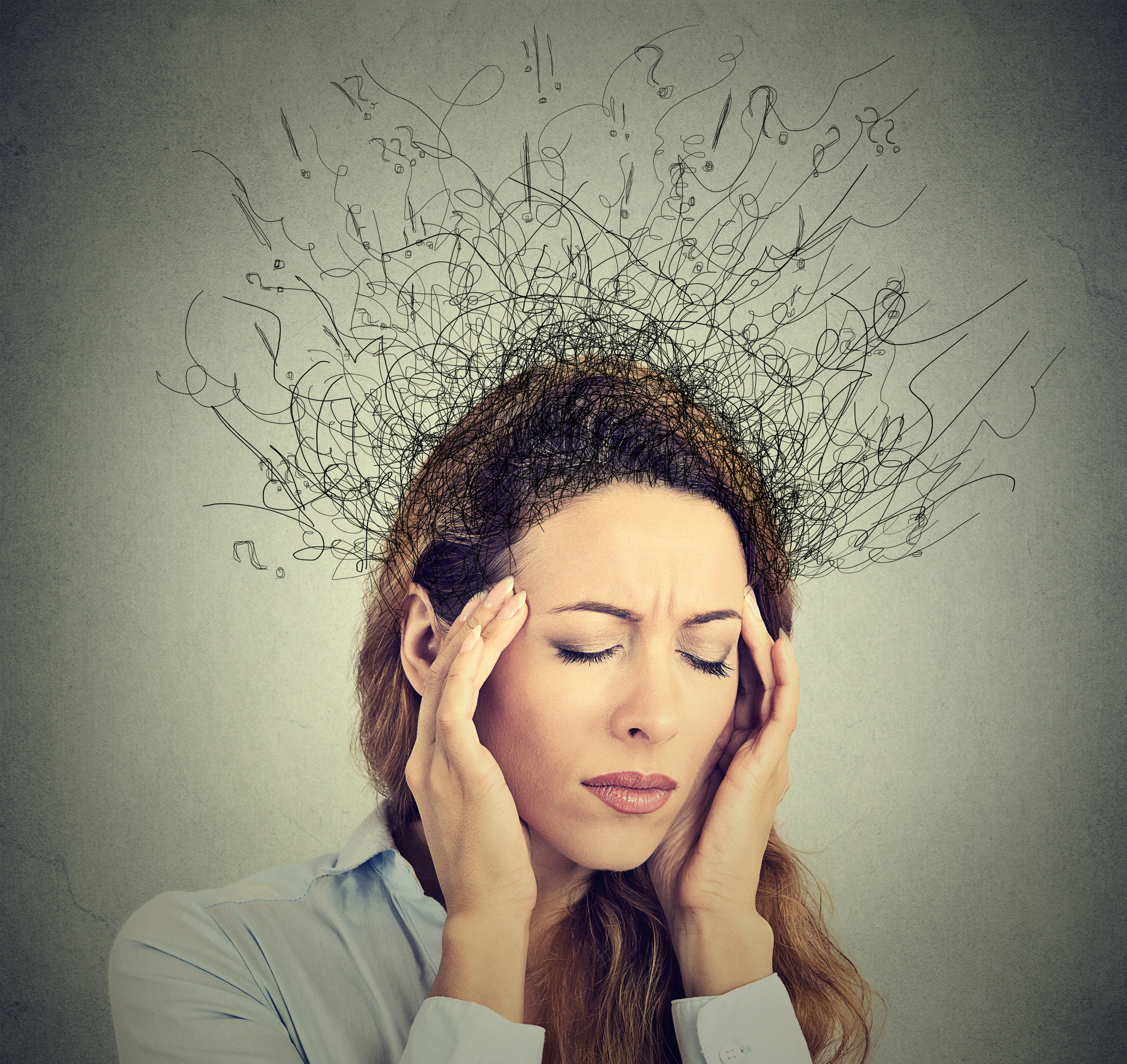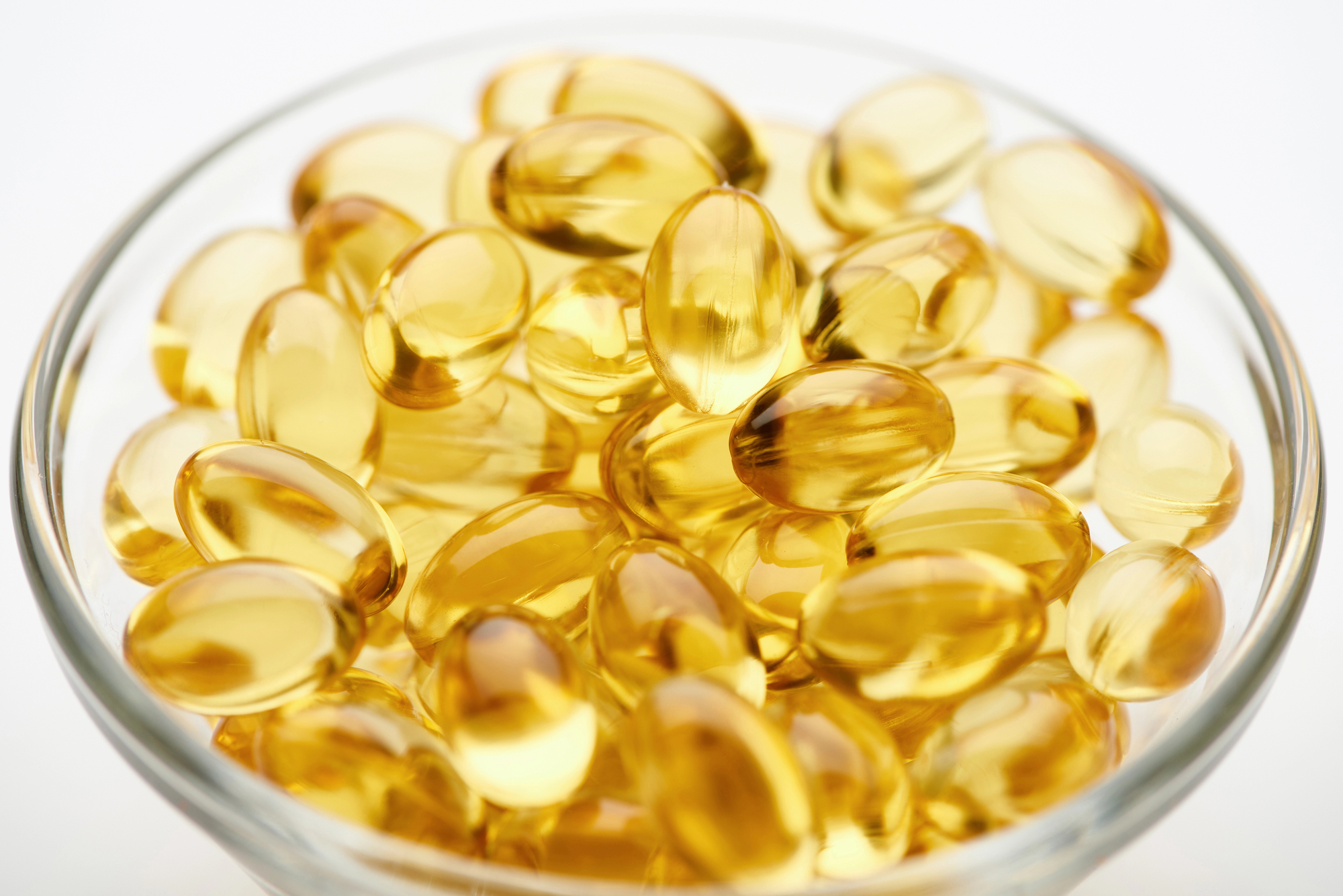Psilocybin in Practice: Real World Cases Part 1
Pam Conboy Abstract Psilocybin, a 5-HT2A serotonin receptor agonist, exhibits a multifaceted pharmacological profile with effects on dopamine and glutamate neurotransmission. With its stellar safety profile, its potential in neuropsychiatric treatment has garnered renewed attention in recent years. This article reviews psilocybin’s neurobiological mechanisms, regulatory history, and presents several casesRead










